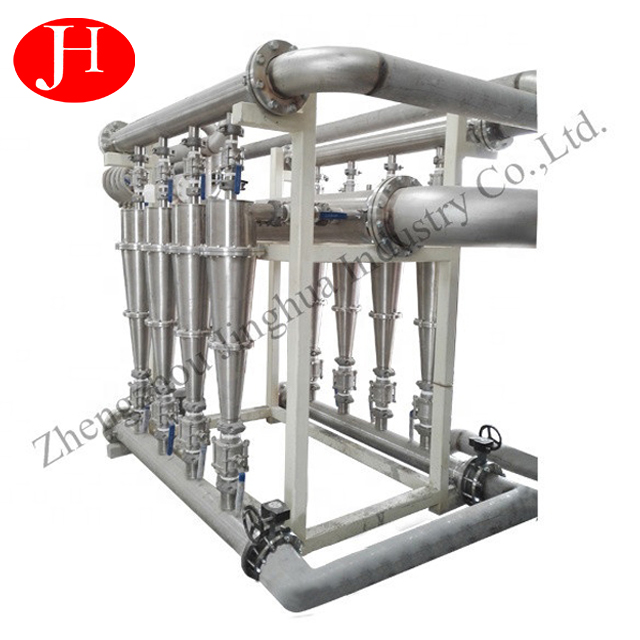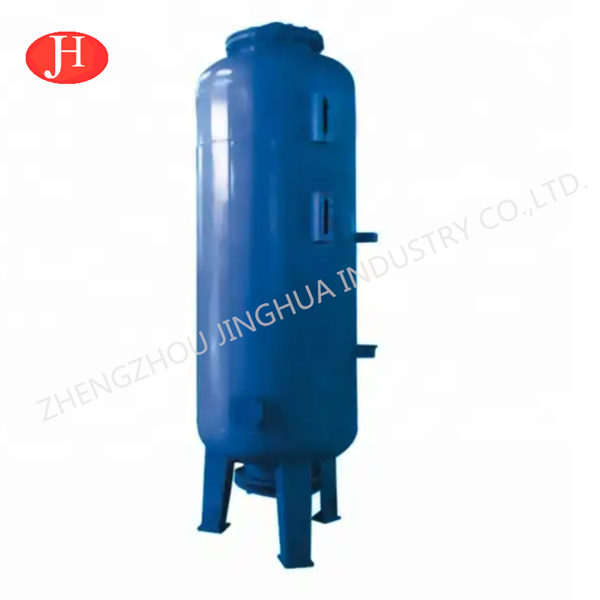Some dietary trends fade quickly. But one that most experts believe will have staying power and grow in popularity in the coming decades is alternative proteins.
The recent surge in demand for alternative proteins (derived from non animal sources) has been dramatic, with 52% of global consumers now identifying as flexitarians (incorporating both animal based and plant-based proteins into their diet), according to a Mintel market research report Of those consumers, nearly two-thirds are defining their eating styles as "trying to consume more plant-based foods," leading to expanded protein options and fueling overall demand for plant-based proteins. Cassava Flour Centrifuge Sieve Baske

Not only is it viewed by many as a healthier alternative to meat and dairy based protein, it also is seen as better for environmental sustainability, an issue that is of great importance to many of us.
Oilseeds and legumes processors stand to benefit from this shift, as many companies have been expanding their storage and processing capacity in response to the burgeoning demand for plant-based alternative proteins, which includes soybeans, peas, chickpeas, lentils, rapeseed, hemp, oats, chia seeds, corn, alfalfa and wheat
Each plant source differs greatly in their protein, carbohydrate, starch, nutrient and anti-nutrient profile, thus comprehensive analyses are needed to determine the compositional profiles of different plant varieties. Additionally, further analysis is needed to evaluate protein digestibility and nutrient bioavailability.
Performance measurements are a crucial component in the development and manufacturing of plant-based and alternative protein food systems.
The most challenging issues in alternative protein development are the effects of processing conditions on product behavior and the ability to create palatable products with desired textures. Alterations in pH, spray drying conditions, processing temperature, and even reagents used to purify and extract proteins all impact performance and often do not show up in compositional analyses. It is therefore critical that alternative protein manufacturers commit additional resources to understanding how processing conditions will impact final products.
Wes Shadow, market manager, grain and processed foods, at PerkinElmer, says the Shelton, Connecticut, US-based company, which operates in 190+ countries, offers testing and analysis instruments that can enable alternative protein ingredient and product development and processing. PerkinElmer's Rapid Visco® Analyser (RVA). The RVA 4800 measures ingredient performance such as pasting, hydration, cooking behavior, gelling, etc, by continuously plotting viscosity while the sample is subject to a user-designated cycle of temperature and shear.
Shadow says the RVA "starts with helping create consistent performing ingredients. There are both start-ups and well-established companies researching different ways to create high-protein ingredients that can be used to formulate consumer-ready foods. The RVA helps ingredient manufacturers develop processing regimens. It can test small samples under various conditions to home in on conditions that produced desired ingredient performance."
He added that the ability to produce consistently performing ingredients also helps companies to pursue clean-label products by alleviating the need for conditioners.
"For those producing consumer- ready foods, the RVA helps develop formulations by serving as a micro-pilot plant," Shadow says. "It also helps reduce waste and re-work by screening incoming ingredients."
Another benefit of the RVA 4800, Shadow says that it aids in reducing time to market for new products.
Providing complimentary information to the RVA is PerkinElmer's Differential Scanning Calorimetry (DSC). Shadow highlighted that it measures thermal energy input which allows users to observe phase transitions including melting and crystallization.
"The technique can be used to observe properties of both starches and fats," Shadow says. "The DSC measurements provide indications of quality and thermophysical properties of food products. For new plant-based materials, it can be an invaluable tool for emerging processing regimens and storing."
Other useful tools for plant based protein processors are chromatography systems, such as PerkinElmer's high-performance liquid chromatology or its liquid chromatography/mass spectrometry. They offer ultra-sensitive detection capabilities ideally suited for mycotoxin, pesticide or other contaminating compounds. Shadow noted that all alternative protein products will benefit significantly from these systems as impurity analysis and nutritional profilingwill be critical for commercial development.
Finally, PerkinElmer's Near Infrared (NIR) Analyzers - DA 7350'", DA 7250'" and DA 7440'" - enable manufacturers to monitor processes in real-time for multiple components. These in-line and on-line instruments help detect process issues as they occur. The instruments can be integrated into process control systems for automated or manual process adjustment.
The ability of at-line NIR instrumentation to generate results in second as opposed to hours provides user with an on-the-spot analysis tool to monitor and optimize production. Process and at-line NIR analyzers, like the DA 7350'" and DA 7250'", are demonstrating their value in plant-based processing optimization by maximizing profit through increasing yield, reducing waste, and improving raw material usage.
Typically, in-line NIR instruments are used to manage control drying, control stream blending, control additions, segregate different fractions and monitor product quality.
Shadow mentioned that NIR is an essential technology for plant-based and alternative-protein ingredient processors.
"Their speed, accuracy and ease of use help processors react immediately to detected issues," Shadow says. "Proper screening helps you reject bad ingredients and plan production, reducing material waste, energy use, and labor while increasing production uptime."
Performance measurements area a crucial component in the development and manufacturing of plant-based and alternative protein foods. As food manufacturers continue to explore processing regimens and optimization strategies, functional attributes and performance of intredients in final products continue to grow as a focus of the food industry.
Processing techniques and conditions will continue to evolve, enhancing the quality and nutritional value of these foods. Additional attention needs to be focused on how these alterations in processing conditions impact the final food product. Advanced analytical options like those mentioned in this article will provide the technological edge to manufacturers to quantify ingredient quality and measure the crucial effect of changing process inputs on these final food products.
Learn more about PerkinElmer's solutions:
DUNAFÖFOLDVÁR, HUNGARY — Pannonia Bio sees great potential in the versatility, resilience and sustainability of barley, convincing the Hungarian company to add to its sprawling biorefinery plant with what it describes as “the world’s first high-capacity production plant for barley protein concentrates.”
Located on more than 40 hectares along the Danube River near the town of Dunaföfoldvár in central Hungary, the plant has the capacity to process 800 tonnes of barley per 24 hours and is designed so that production capacity can be doubled in the coming years.
Pannonia Bio hired Uzwil, Switzerland-based Bühler to be its primary equipment supplier. Equipment installed in the plant includes Bühler’s LAAB grain cleaner, MTRC separator, MTSD destoner, BSPB polisher, MDDZ Diorit roller mills, MPAK Sirius sifters, DFZC hammermill, AHHD pellet mill and MSDH and MSDM scales.
Guests from all over the world attended Ocrim’s "Wheat, Flour, And…" event Sept. 22-24 in Rimini, Italy, and the surrounding area, featuring days packed with education, culture and connection to the company’s roots and vision for the future.
Founded in 1945, Ocrim specializes in supplying milling plants, feed mills and grain processing systems in general and specializes in turnkey solutions. The company also is focused on and invests in training, customer satisfaction and communication.

Sweet Potato Flour Equipment For a complete recap of Wheat, Flour, And, visit ocrim.com.